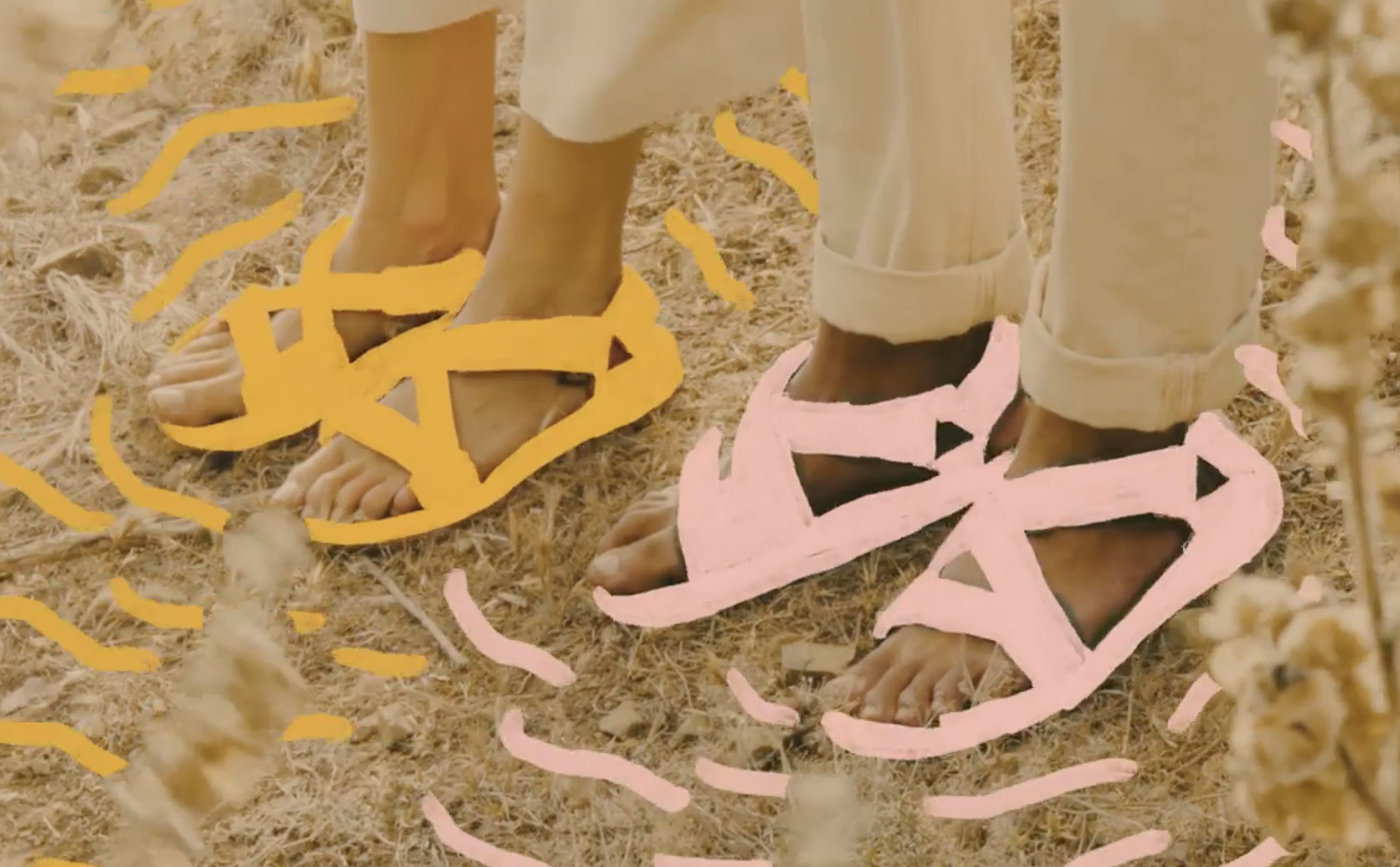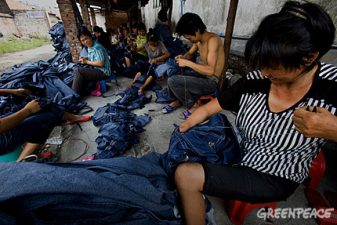The fashion sector is one of the most polluting industries on the planet; only airplanes are worse. Like the concept of an ‘eco-friendly jet,’ slow fashion may sound like a contradiction in terms. ‘Fashion’ is synonymous with ‘change,’ which strongly implies ‘wastefulness.’ So you’re right to wonder what it means, and if it’s just another gimmick to sell you something. But sustainable fashion is real. So long as you shop mindfully and check the credentials of the company you’re dealing with, eco-friendly apparel is more than just the latest hot trend. Slow fashion is the way of the future.
1. More Time & Space
Most of us are suffering from a shortage of time and space, both in our home and in our mind. Investing in sustainable fashion is good for the planet, and it makes sense for the individual too. Classic, quality pieces free up valuable real estate in your closet and your brain. Having less to wade through to figure out what to wear saves you time and brain space, making it a win all the way around. Shop designers who create sustainable, timeless designs that will wear well for years to come, like Eileen Fisher and Vivienne Westwood.
2. Less Landfill
Once upon a time, sustainability was the fashion. Wealthy individuals aside, most people had a set of clothes for work and something special to wear for worship and holidays, and that was it. Ditto for jewelry. Items were passed down from one generation to the next and nothing went to waste. What happened? The fashion sector decided consumers needed to buy more. Rather than 2 seasons just 20 years ago, there are now up to 24 fashion cycles per year. Clothes are also designed to fall apart so you must buy more. The result has been a $1.5 trillion industry which is great for sales, but not so much for the planet. Clothing production has more than doubled over the last 2 decades. The more clothes we have, the less we wear them, and the faster they wind up in the trash. Textiles waste in landfills increased by 40% in the US in just the 10 years between 1999-2009. Currently, only about 15% of textile waste goes to recycling. We must do better. Buy sustainably, wear what you own, and try consignment, both as a buyer and seller.
3. Reduced Carbon Emissions
The way textiles are produced really matters, and the type of textile matters too. Apparel manufacture creates about 10% of total global carbon dioxide emissions. Polyester is found in about 60% of all garments and producing it releases 2-3 times more carbon than cotton. If you’re thinking a natural fiber like cotton is the way to go, the answer is yes, but it’s not that straightforward because the way standard cotton is produced is less than ideal and requires the use of large amounts of pesticides. By contrast, growing cotton organically requires significantly fewer chemicals, resulting in healthier soil, as well as healthier workers who must handle them. Look for labels like Global Organic Textile Standard (GOTS), Oeko-Tex, Better Cotton Initiative, and Bluesign.
4. Cleaner Water
The fashion industry is responsible for an estimated 20% of water waste around the world. To produce a single cotton tee shirt requires the use of approximately 700 gallons of water. That’s about 2 1/2 years of drinking water for one person. Synthetics are responsible for some 500,000 tons of microfibers that end up in the ocean every year, the equivalent of 50 billion plastic bottles. Add to that the 8,000 different synthetic chemicals used in the dyeing process, most of which are toxic to humans, animals, and the environment, and it’s clear things need to change. In China, it is estimated that about 90% of the local groundwater is polluted. The best way to clean up our water is by buying less and seeking out clothes made using sustainable practices.
5. Healthier Planet
Fashion brands are well aware of the hard facts about the waste they’re promoting, but businesses exist to make money. In some cases, this has created the problem of ‘greenwashing,’ or the unscrupulous practice of making a product sound more eco-friendly than it actually is. But there are plenty of brands, both big and boutique, that are legitimately taking steps to combat the pollution problem. For example, Adidas is developing sneakers from ocean plastic. Levi’s is working toward 100% sustainably-sourced cotton and renewable energy by 2025. Cuyana offers single-origin, traceable cashmere right now, and is committed to using 100% sustainable materials as early as 2022. Veja is a certified B Corporation, meaning it meets certain standards of social and environmental sustainability. Stella McCartney was one of the earliest adopters of sustainable fashion and, besides using recyclable and renewable materials for her apparel, also employs renewable energy in the company’s stores and offices. These are just a few examples, and there are many more who are serious about their commitment to a healthy planet.

As consumers, we have the power to vote with our wallet. Be smart: do your research, think before you buy, and wear what you have. Small steps really do add up.






